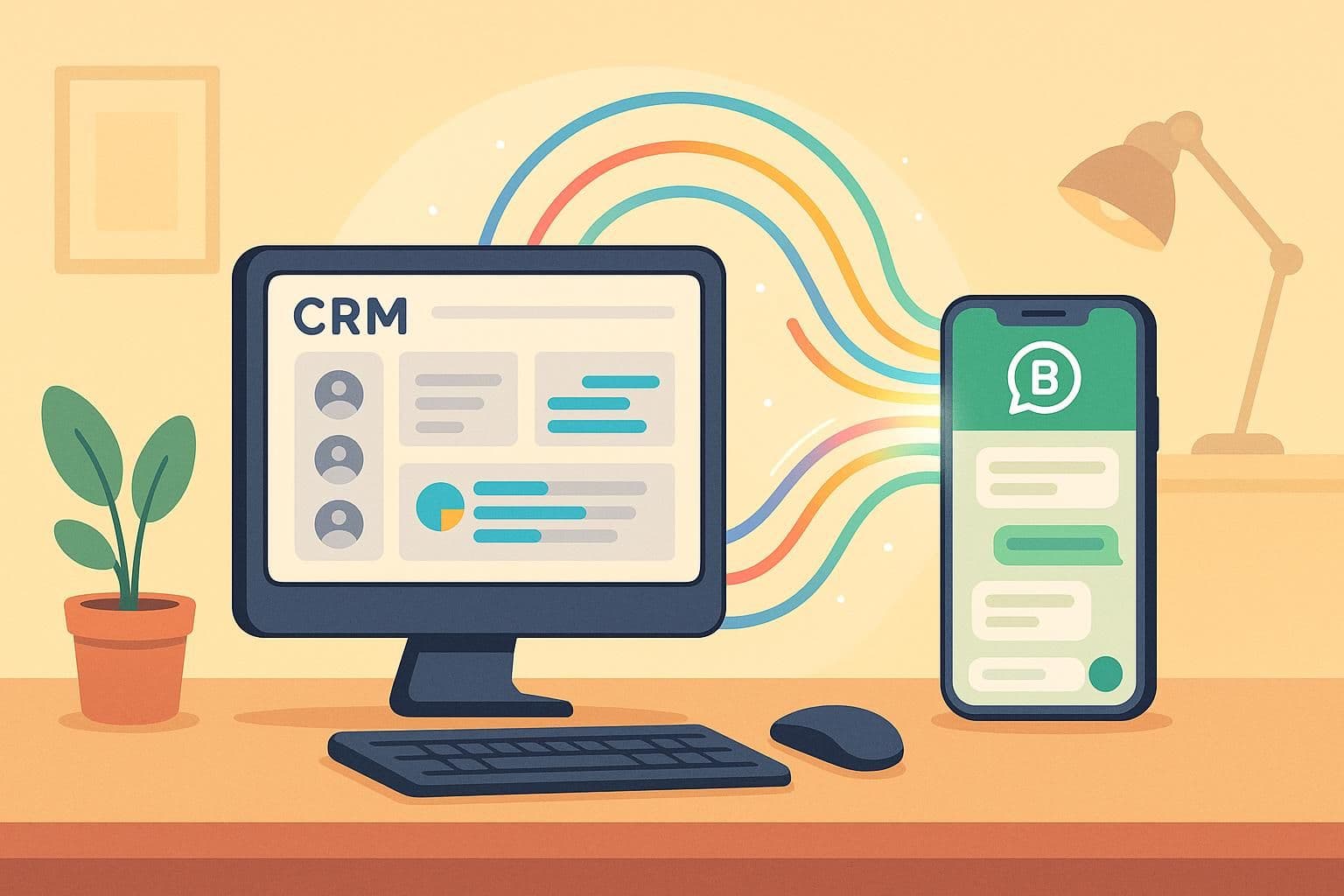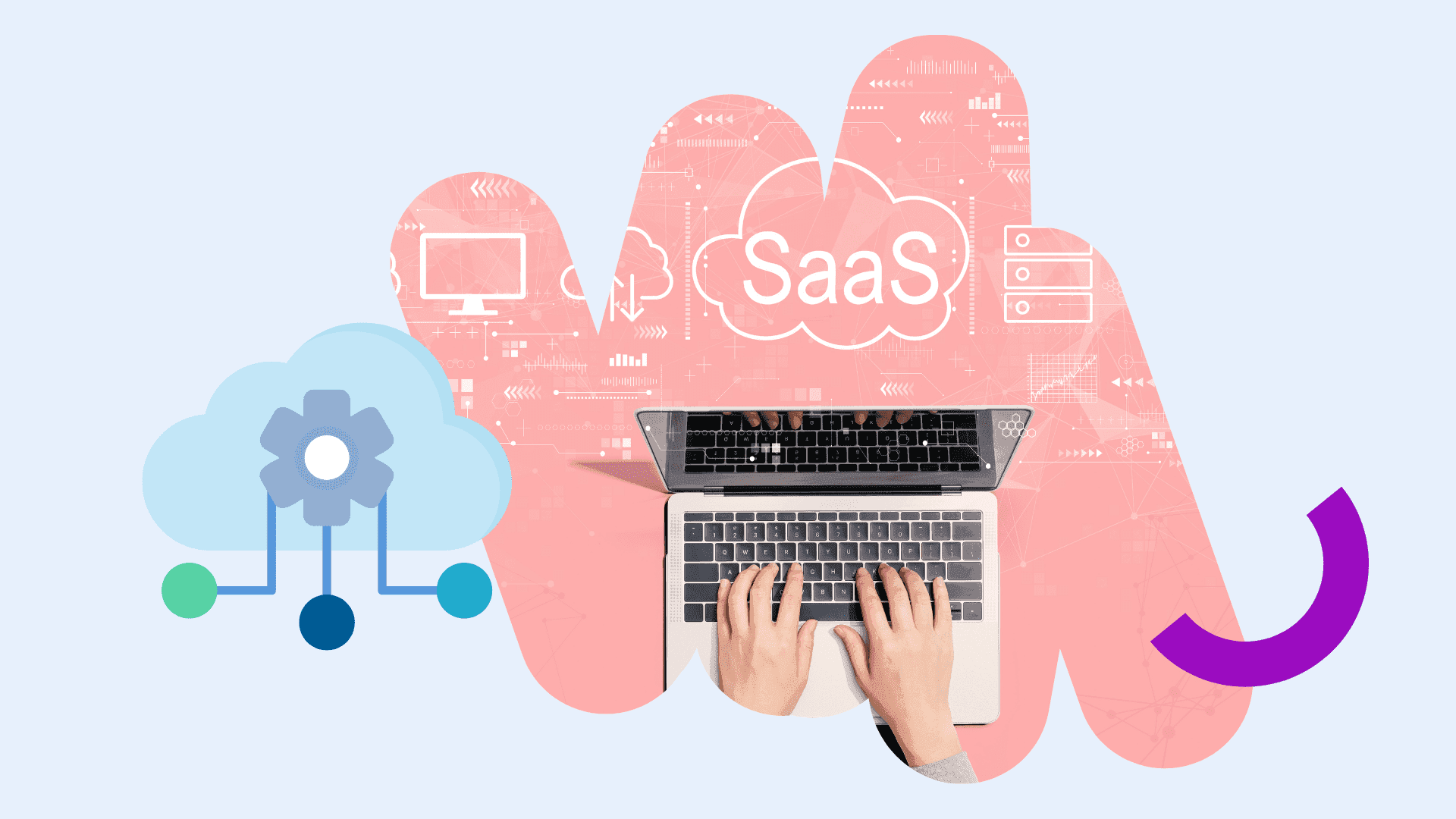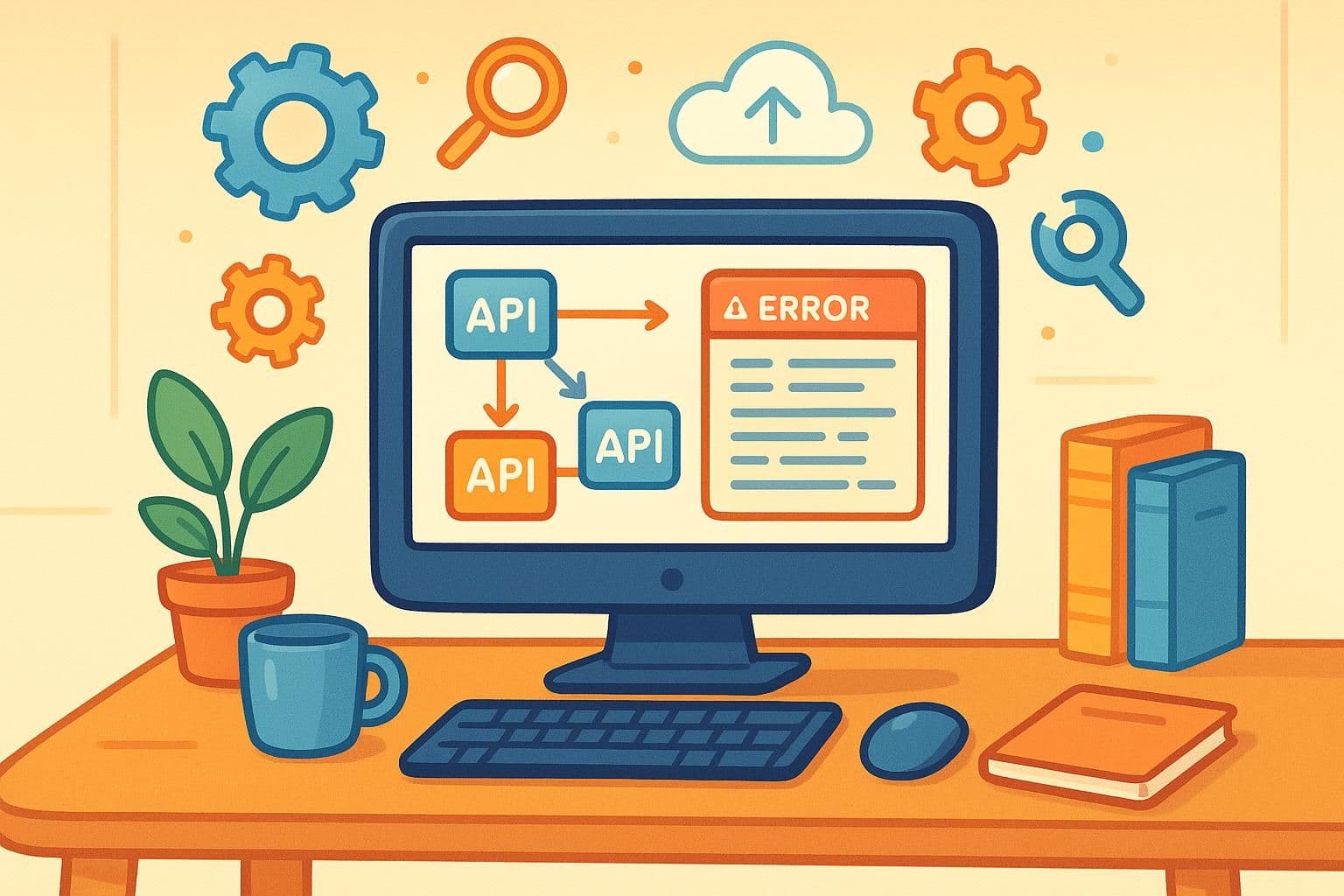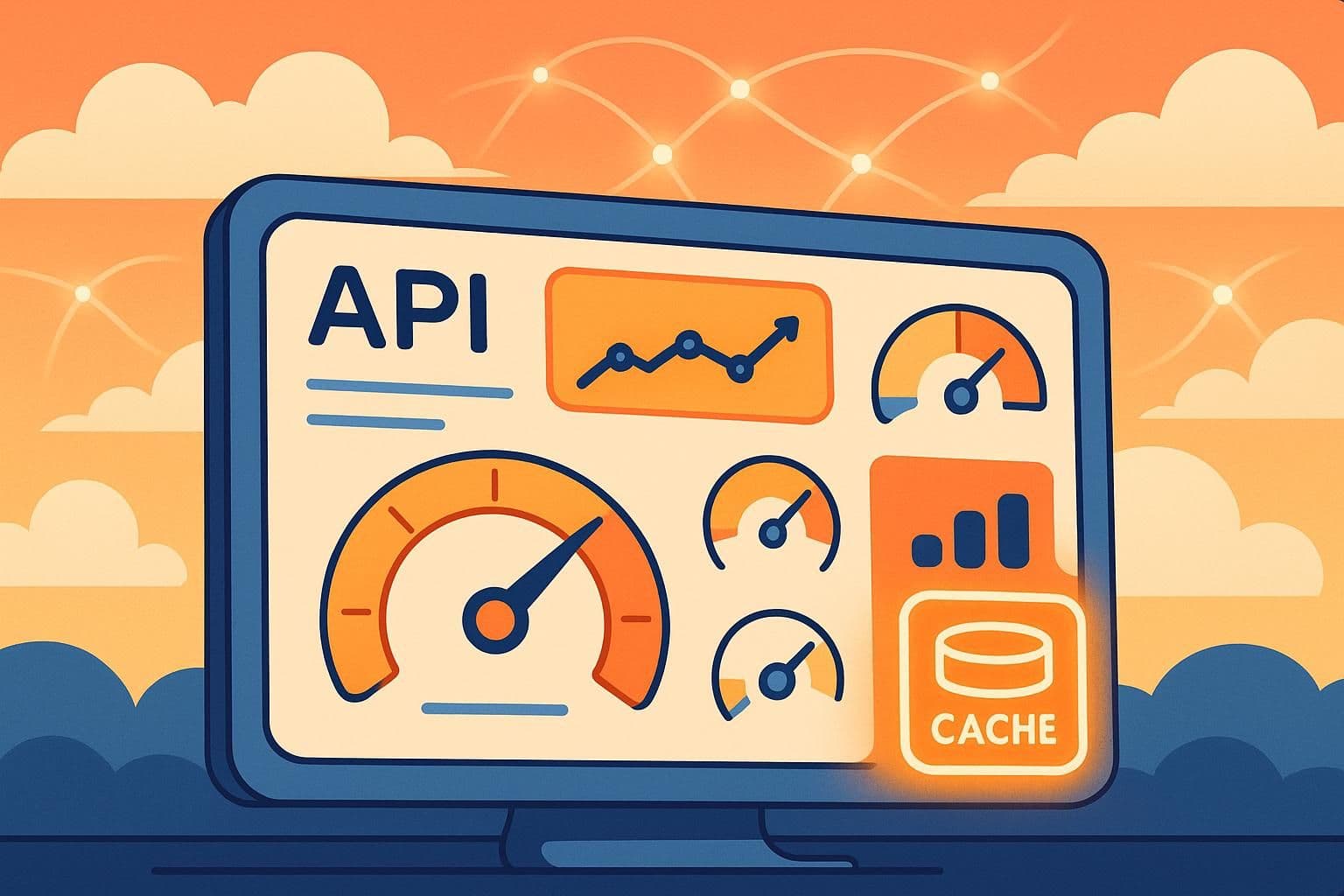How to Integrate WhatsApp Business API with CRM Systems
Learn how to seamlessly integrate WhatsApp Business API with your CRM system for improved customer communication and workflow automation.

Integrating the WhatsApp Business API with your CRM system can transform how businesses manage customer communication. With WhatsApp achieving 90% open rates compared to email's 30%, this setup ensures faster responses and personalized interactions - all while automating repetitive tasks.
This guide covers:
- Setting up WhatsApp Business API credentials
- Linking it securely to your CRM
- Automating workflows for marketing, sales, and support
- Following data security and WhatsApp compliance rules
Tools like Latenode simplify this process with low-code workflows, making integration achievable without extensive technical effort. Let’s dive into the steps.
How to Integrate WhatsApp with CRM: A Step-by-Step Guide
Required Setup for WhatsApp Business API
Follow these steps to meet Meta's requirements for US-based businesses. Completing these steps ensures a smooth integration with your CRM system.
Business Registration and Verification
To register your business with Meta, you’ll need:
- A valid Meta developer account
- Access to a Meta business portfolio
- Administrator credentials
- A dedicated business phone number not linked to an existing WhatsApp account
- A valid credit card (Visa or Mastercard) for billing
Your business phone number must be capable of receiving SMS or voice verification codes. If you use an IVR system, make sure it can handle international calls and route verification messages correctly.
WhatsApp Business API Configuration
Set up the WhatsApp Business API by completing the following:
- Create a Meta business app
- Set up webhook endpoints to track messages in real time
- Configure your display name (limited to four changes within 30 days)
- Use HTTPS to ensure secure communication
Your server must support webhook functionality and maintain consistent uptime to guarantee reliable data exchange between WhatsApp and your CRM.
CRM System Setup
Prepare your CRM system for integration by completing these steps:
- API Credentials Setup
- Generate API keys and authentication parameters
- Define appropriate permission levels
- Webhook Configuration
- Enable your CRM to accept WhatsApp data
- Process message status updates
- Handle customer interaction data
- Data Flow Structuring
- Ensure customer profiles are updated
- Maintain message threading
- Synchronize contact information
To protect customer data, enforce strong security measures such as encryption for all communication channels and regular access permission reviews. Always test these configurations in a development environment before deploying them to production.
Once your CRM is properly set up, you’re ready to integrate with tools like Latenode for enhanced automation and efficiency.
Integration Methods
Once the foundational components are in place, the next step is connecting the WhatsApp Business API to your CRM system. The method you select for this integration can directly influence how efficiently your workflows operate and the level of automation you achieve.
API Integration Basics
Using direct API integration requires technical know-how and attention to several critical elements:
- Authentication Protocols: Secure the integration with OAuth 2.0 authentication.
- Webhook Management: Set up notifications for real-time events.
- Rate Limiting: Account for WhatsApp's messaging limits.
- Error Handling: Build in retry mechanisms and failure alerts.
While this method offers the most flexibility, it also demands significant development time and ongoing support.
Benefits of Low-Code Platforms
Low-code platforms streamline the integration process by offering visual tools and pre-configured connections. Key perks include:
- Fast implementation - sometimes completed in minutes instead of weeks.
- Visual workflow design that minimizes coding requirements.
- Built-in mechanisms for handling errors and retries.
- Automatic updates and reduced maintenance overhead.
- Infrastructure that scales effortlessly with your needs.
Latenode Integration Tools
Latenode streamlines WhatsApp Business API and CRM integration with its visual workflow builder. Here's what it offers:
- Automated Message Routing
Latenode enables smart message routing based on CRM data. For instance, when a customer sends a message via WhatsApp, the system can:- Check their status in the CRM.
- Route high-priority customers to dedicated workflows for immediate handling.
- Send automated responses for frequently asked questions.
- Data Synchronization
Maintain real-time updates between WhatsApp chats and your CRM through:- Automatic updates to contact profiles.
- Logging conversation histories.
- Tracking statuses across platforms.
- Custom Workflow Creation
The visual editor makes it easy to design advanced workflows by:- Sending personalized messages triggered by CRM events.
- Creating conditional logic paths for different customer segments.
- Using AI to route responses intelligently based on context.
"The AI JavaScript code generator node is a life saver. When a tool or node isn't yet created to interact with Latenode, the AI helps build custom solutions quickly", says Francisco de Paula S., a Web Developer focused on market research.
For best results, design workflows to handle both synchronous and asynchronous operations. This ensures smooth processing of high-volume messages while keeping your system stable.
Pro Tip: Begin with simple automation workflows and expand gradually as you test and refine each integration component. This step-by-step approach helps avoid disruptions to your customer communication processes.
sbb-itb-23997f1
Integration Setup Guide
This guide walks you through the practical steps for connecting the WhatsApp Business API with your CRM system using Latenode. The process is designed to ensure smooth implementation while prioritizing data security and efficiency.
WhatsApp API Setup in Latenode
To start, configure your WhatsApp Business API connection within Latenode's integration hub:
Access Configuration
Open Latenode's integration library and find the WhatsApp Business API integration. Use your business credentials to connect your WhatsApp Business API account.Message Template Setup
Create message templates that comply with WhatsApp's guidelines. For instance, a customer service template might look like this:Hello {{1}}, Thank you for contacting us about order #{{2}}. Your request has been logged and assigned to our support team. Expected response time: {{3}} hoursWebhook Configuration
Set up webhook endpoints in Latenode to receive real-time notifications from WhatsApp.
Once the WhatsApp API is configured, the next step is establishing a secure connection to your CRM system.
CRM Connection Setup
Data Mapping Configuration
Map WhatsApp conversation data to your CRM fields. Below is an example of essential mappings:WhatsApp Field CRM Field Customer Phone Primary Contact Message Content Activity Log Template Responses Custom Fields Conversation Status Case Status Authentication Setup
Use OAuth 2.0 protocols to configure your CRM authentication in Latenode. This ensures a secure connection and compliance with data protection standards.
Workflow Testing and Setup
After configuration, test and refine the integration:
- Initial Testing Phase
Run tests with a small group of users to verify workflows and resolve any issues. - Automated Response Configuration
Set up workflows to automate responses based on CRM data. For example, customer inquiries can be routed automatically to the appropriate team. - Performance Monitoring
Implement monitoring workflows to track key metrics such as message delivery rates, response times, CRM data syncing, and error rates.
Integration Guidelines and Rules
Integrating the WhatsApp Business API with your CRM requires careful attention to WhatsApp's policies, efficient workflow design, and strong data protection measures. Here's a practical guide to get you started.
WhatsApp Policy Requirements
WhatsApp enforces strict messaging policies that businesses must follow to maintain API access. Key rules include:
- Message Template Approval: All proactive messages must use pre-approved templates that align with WhatsApp's content standards.
- 24-Hour Messaging Window: Businesses must respond to customer messages within 24 hours. After this period, only approved templates can be used.
- Opt-in Requirements: Customers must explicitly opt in by providing their phone number and consent before receiving messages.
Message templates should include specific components based on the type of communication:
| Message Type | Required Elements |
|---|---|
| Transactional | Clear purpose, order or tracking details |
| Service-Related | Actionable steps, response timeframe |
| Marketing | Opt-out instructions, business name |
Examples of compliant templates include order confirmations for transactional messages, appointment reminders for service-related updates, and promotional offers for marketing (with prior consent). Ensure all workflows align with these policies to maintain compliance.
Workflow Design Tips
When building your integration workflows with tools like Latenode, focus on efficiency and adherence to WhatsApp's rules. Here are some strategies:
Automated Response Management
Set up workflows that automatically manage customer interactions within WhatsApp's 24-hour messaging window. For messages outside this window, configure the system to switch seamlessly to pre-approved templates.
Customer Segmentation
Organize customer interactions by grouping them based on message type, urgency, or interaction history. This ensures personalized and efficient communication.
Escalation Protocols
Define clear escalation paths for handling important situations, such as:
- Urgent customer issues
- Complex support requests
- High-value sales opportunities
- Sensitive compliance matters
These strategies not only streamline operations but also ensure your workflows remain efficient and compliant.
Data Security Guidelines
Protecting customer data is a critical part of any WhatsApp Business API integration. Follow these guidelines to safeguard information:
- Publish a privacy policy that explicitly covers WhatsApp communications.
- Obtain clear permissions for data collection and sharing.
- Use encryption to secure data both in transit and at rest.
- Conduct regular audits of integration points to identify vulnerabilities.
- Avoid requesting or storing sensitive information like payment card details, financial accounts, or personal IDs.
Access Control
Implement role-based access controls to limit who can view or modify data. Log all changes, and ensure you can quickly revoke access when necessary.
Latenode's integration tools can help you maintain these security standards while optimizing workflows. The platform's built-in security features ensure compliance with WhatsApp's requirements and protect sensitive customer data effectively.
Conclusion
Integrating the WhatsApp Business API with your CRM can simplify communication and improve your team's productivity. With Latenode's visual builder and AI-powered automation, even non-technical teams can set up this integration effortlessly. By combining WhatsApp's messaging capabilities with detailed CRM data, businesses can achieve smarter, more efficient workflows.
"AI Nodes are amazing. You can use it without having API keys, it uses Latenode credit to call the AI models which makes it super easy to use. - Latenode custom GPT is very helpful especially with node configuration." [1]
This integration brings practical benefits, such as:
- Automated Response Management: Easily handle customer messages within WhatsApp's 24-hour window.
- Data Synchronization: Keep customer information up-to-date across all platforms.
- Workflow Optimization: Minimize manual work and focus on high-priority tasks.
"Latenode and their support team have been great and responsive in providing my team with support in creating a workflow where our data from Google Sheet Form Submissions will take the users that submitted the form and then use our custom workflow." [1]
Latenode provides a straightforward way to achieve these results. Integrating messaging tools like WhatsApp with your CRM highlights how smart automation can improve business processes.
FAQs
What are the main advantages of connecting the WhatsApp Business API to a CRM system?
Integrating the WhatsApp Business API with your CRM system provides several significant benefits that can transform how you manage customer relationships. It enables faster and more direct communication, allowing you to respond to customer inquiries in real-time through a platform they already use daily.
This integration also helps streamline workflows by centralizing customer data, making it easier for your team to track interactions, manage leads, and personalize communication. Additionally, it enhances efficiency by automating repetitive tasks, like sending order updates or appointment reminders, so you can focus on building stronger connections with your customers.
How can Latenode help businesses without extensive technical expertise integrate the WhatsApp Business API with their CRM?
Latenode makes integrating the WhatsApp Business API with your CRM simple, even for teams with limited technical skills. By offering low-code tools and pre-built connectors for widely used SaaS platforms, Latenode allows you to automate workflows and link APIs without needing advanced programming knowledge.
Additionally, Latenode's AI assistant can generate custom code based on your input, making the process even faster and more user-friendly. With just a few clicks, you can create tailored logic and seamlessly connect APIs to improve customer communication and streamline your operations.
What security measures should I take when integrating the WhatsApp Business API with my CRM to protect customer data?
To safeguard customer data during the integration of the WhatsApp Business API with your CRM, you should prioritize the following security measures:
- Encryption: Use end-to-end encryption to ensure messages are accessible only to the intended sender and recipient.
- Secure Authentication: Enable two-factor authentication (2FA) to add an extra layer of security for user accounts.
- Data Management: Store customer data securely, encrypt it during storage, and limit retention to the minimum necessary. Regularly audit access controls to prevent unauthorized access.
- Regulatory Compliance: Follow data protection laws like GDPR and CCPA to maintain customer trust and meet legal requirements.
- Platform Security: Leverage the WhatsApp Business API's built-in security features, which include robust encryption and strict privacy protocols.
By implementing these measures, you can enhance data protection and ensure a secure integration process for your business and customers.
Related posts



